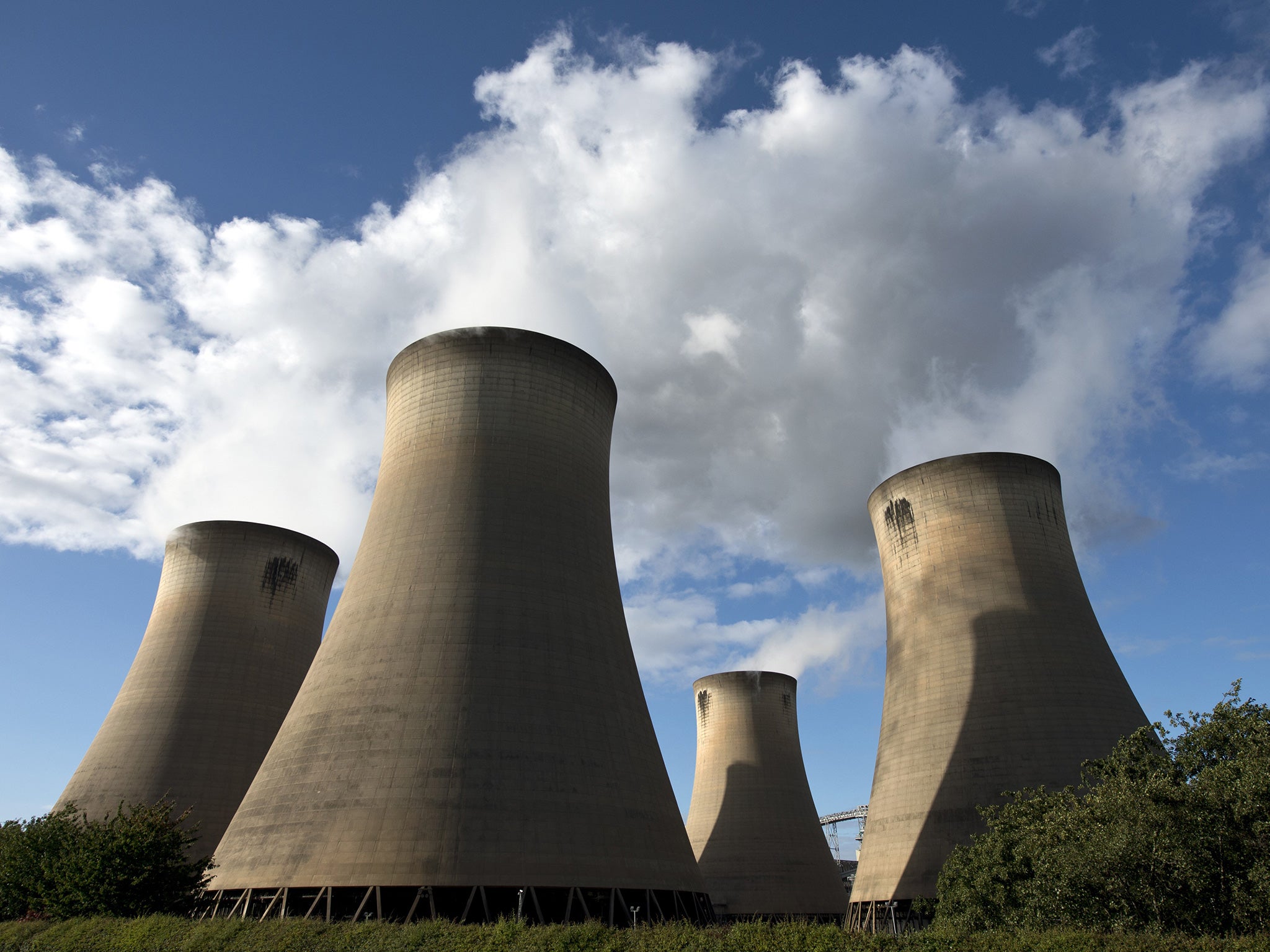Climate change: UK overseas aid for energy projects gives twice as much to fossil fuel ventures as renewables
The UK invested £5bn for energy in countries such as Ethiopia, Bangladesh, Nepal and Afghanistan between 2009 and 2013

Your support helps us to tell the story
From reproductive rights to climate change to Big Tech, The Independent is on the ground when the story is developing. Whether it's investigating the financials of Elon Musk's pro-Trump PAC or producing our latest documentary, 'The A Word', which shines a light on the American women fighting for reproductive rights, we know how important it is to parse out the facts from the messaging.
At such a critical moment in US history, we need reporters on the ground. Your donation allows us to keep sending journalists to speak to both sides of the story.
The Independent is trusted by Americans across the entire political spectrum. And unlike many other quality news outlets, we choose not to lock Americans out of our reporting and analysis with paywalls. We believe quality journalism should be available to everyone, paid for by those who can afford it.
Your support makes all the difference.Britain’s overseas aid for energy projects has given twice as much to fossil fuel ventures as renewables, undermining attempts to tackle climate change.
The UK has invested £5bn for energy in developing countries such as Ethiopia, Bangladesh, Nepal and Afghanistan – ranging from loans to grants – between 2009 and 2013.
More than £2bn went to fossil fuels such as oil, coal and gas, 43 per cent of the total. Only around £1bn went on renewable forms of energy such as wind or solar power, 19 per cent of the total.
The research, by the Overseas Development Institute for relief agency Cafod, draws on data including Department for International Development and Organisation for Economic Co-Operation and Development statistics.
The carbon-intensive projects supported included £200m to a major coal plant in South Africa. More than half a billion was spent on an oil and gas operation run by Brazilian company Petrobras.
The findings indicate conflict within the Government. While positive action to protect the climate is being taken by the Department for International Development and the Department for Energy and Climate Change, much of Britain’s support for fossil fuels, in recent years has come from the Department of Business through UK export finance, say campaigners.
“Continuing to back the development of fossil fuels doesn’t make sense in light of the UK’s goals on climate change and poverty. Export finance seems like the elephant in the room,” said Neil Thorns of Cafod. “We need consistency across government, so all departments work towards the same goals.”
A Government spokesman said: “The UK Government announced in 2013 that it would end support for new coal-fired power plants overseas. In September the Prime Minister announced that the UK’s international climate finance would increase by 50 per cent to £5.8bn from 2016-21, providing further help to the 17 million people who have already been given help to cope with the effects of climate change and access to clean energy.”
Join our commenting forum
Join thought-provoking conversations, follow other Independent readers and see their replies
Comments